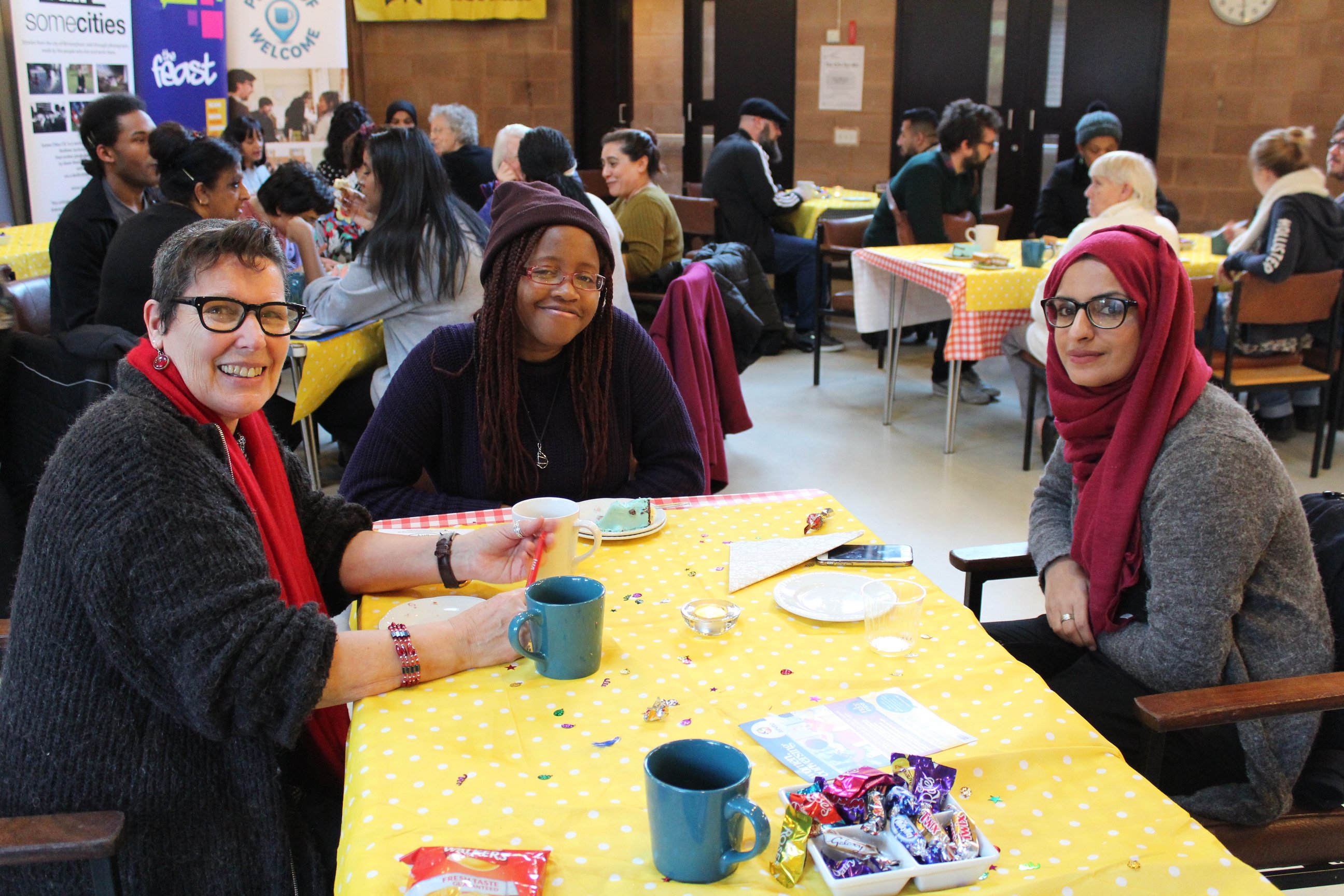
Real People, Honest Talk, a community conversations programme in the Black Country, has generated enthusiasm for action to improve local neighbourhoods.
Real People, Honest Talk (RPHT) has provided a safe space for people from different backgrounds of all kinds to discuss difficult local issues with each other in a facilitated manner. This has in turn provided community members with the confidence to become change makers.
Near Neighbours, the charity that created RPHT, commissioned research from the University of Leeds to assess the success of the pilot programme. The interim evaluation report suggests that RPHT has achieved the outcomes it has set out to achieve and that there were very strong, positive responses to the programme from the participants. 98 per cent of respondents to the evaluation survey said it was a useful experience and 99 per cent said they would recommend it to others.
This programme ran as a pilot in the Black Country - an area which includes Walsall, Wolverhampton and Sandwell - and has successfully concluded with a total of 150 participants over 42 sessions. RPHT was piloted concurrently in Luton as well, with equally successful results.
A range of themes were discussed in the various sessions, which include micro issues such as parking, litter, drug usage; to macro issues such as cut-backs in services, immigration, integration, identity, security, and modern slavery. While seemingly unconnected, many of these issues had behind them a strong positive concern for, and pride in, the local area, which then led on to discussions around identity, social cohesion and integration.
The interim report not only showed that there is a need and a thirst to participate in such discussions, but that residents truly want to work together to make their localities better. One of the survey respondents indicated that RPHT was needed in their neighbourhood because we dont often talk about issues that really matter.
Eighty per cent of respondents to the participant survey either strongly agreed or agreed with the statement I will get involved in more neighbourhood activity because I took part in this group. In the report by University of Leeds this was a sign that RPHT is generating enthusiasm for action to improve neighbourhoods or to improve communication within neighbourhoods. The report further states that, A more nuanced discussion emerges than one which simply repeats well-rehearsed arguments which regularly feature within the mainstream media.
To celebrate the success of the pilot, Near Neighbours will be hosting The Big Conversation a regional gathering to which everyone is welcome on 6 February. Among the people to attend the event are Bishop of Wolverhampton, the Right Revd Clive Gregory; Meera Sonecha, Policy Advisor to Andy Street at West Midlands Combined Authority; Parveen Brigue, Chairwoman of Interfaith Wolverhampton; Paul Hackwood, Executive Director of Near Neighbours and Revd Bev Thomas, who will chair the event.
Near Neighbours is administered through the Church Urban Fund (CUF) and is part of the Transforming Communities Together joint venture between Lichfield Diocese and CUF.
Near Neighbours Executive Director, Paul Hackwood said: It is important that communities have the difficult conversations about the issues that have the power to divide. When joining together in a safe, facilitated space and having honest discussions, we believe that people can create very deep and meaningful connections that will ripple through the community.
For full information about The Big Conversation, please see Real People, Honest Talk on Near Neighbourss website.
Picture supplied by Near Neighbours.